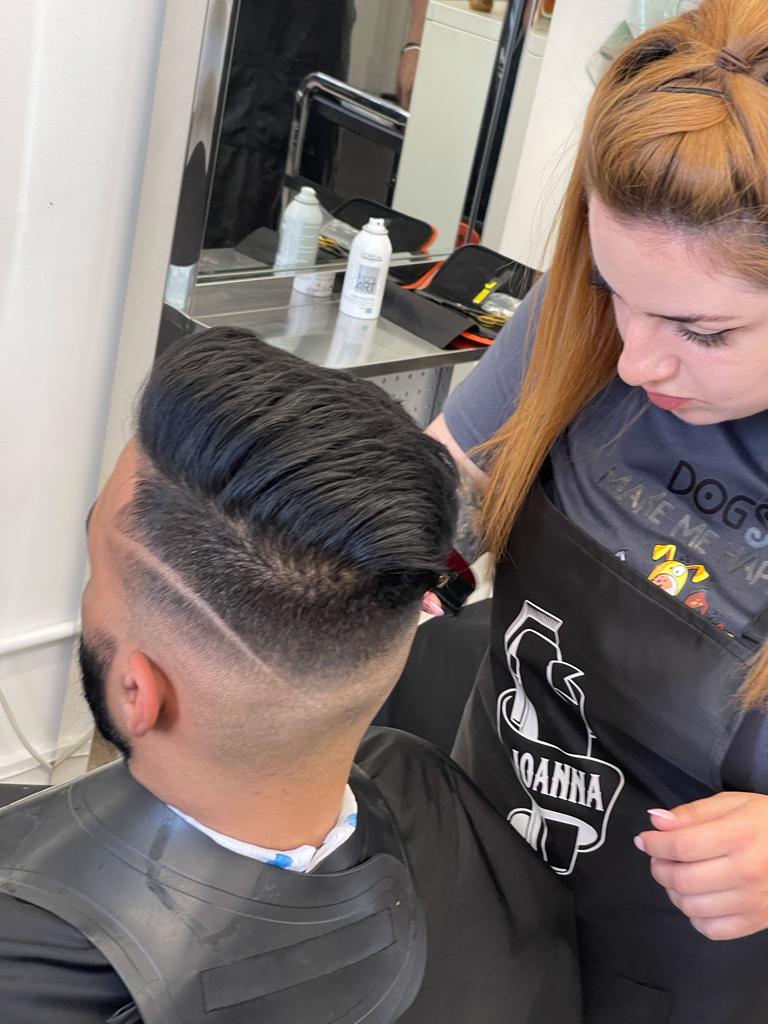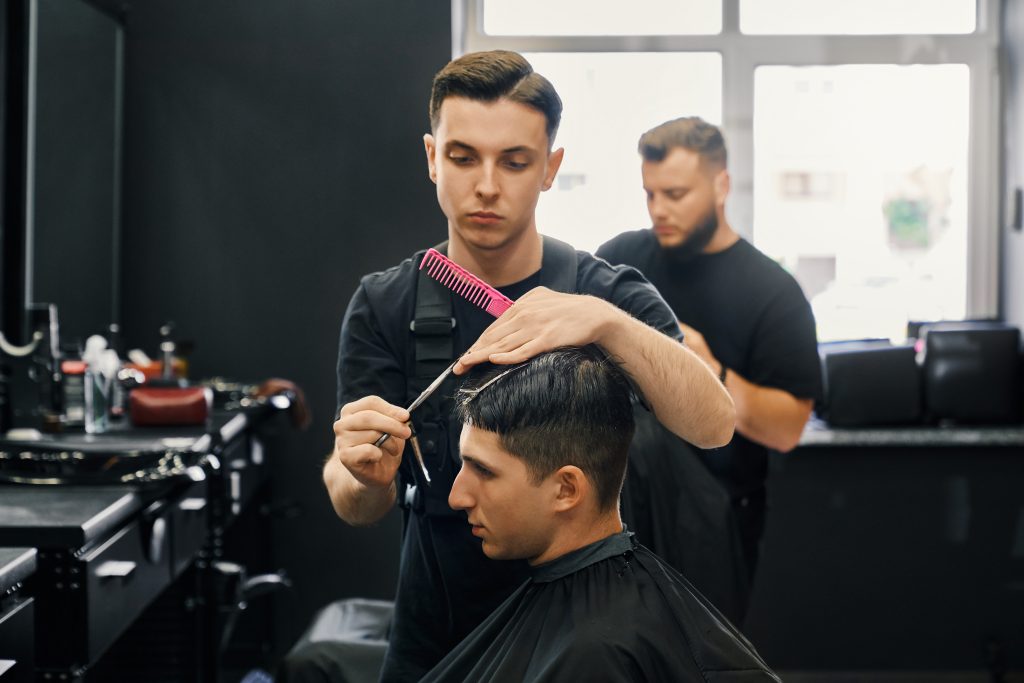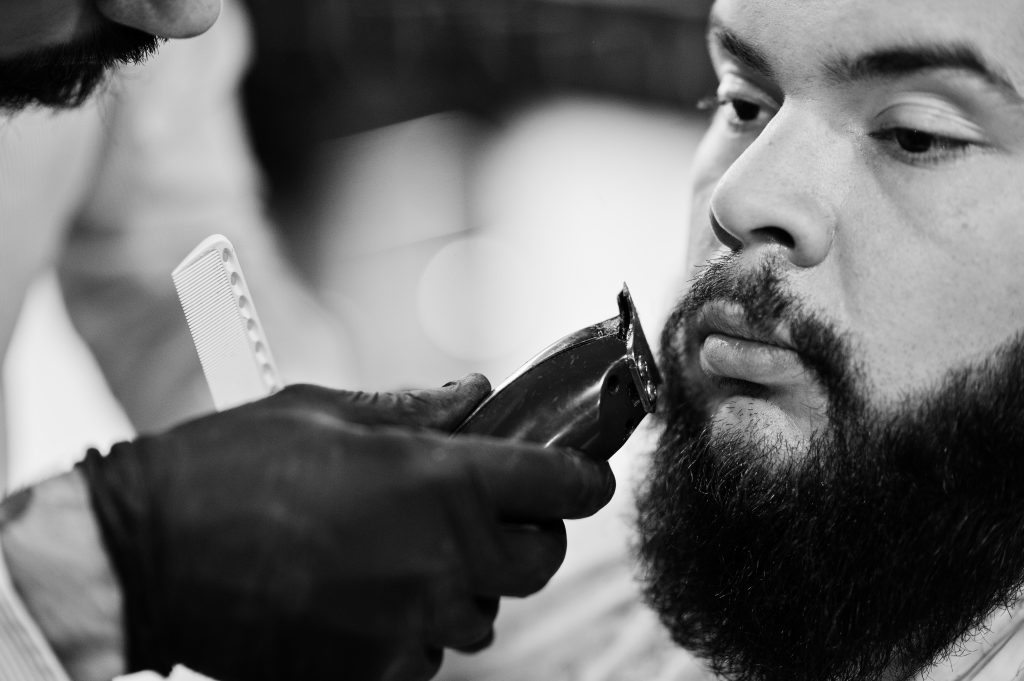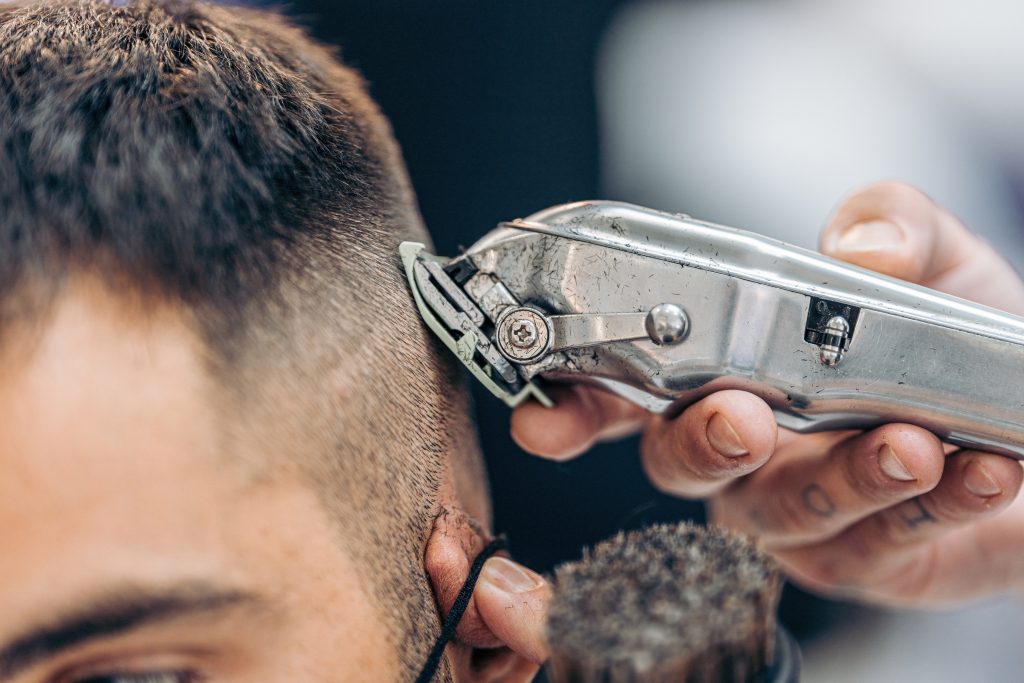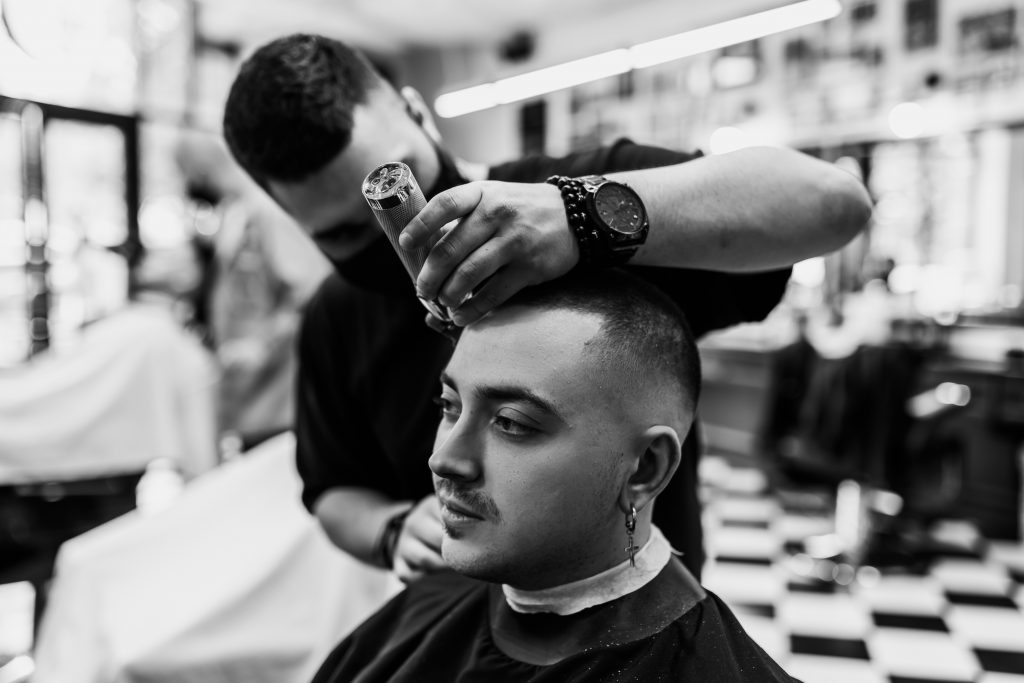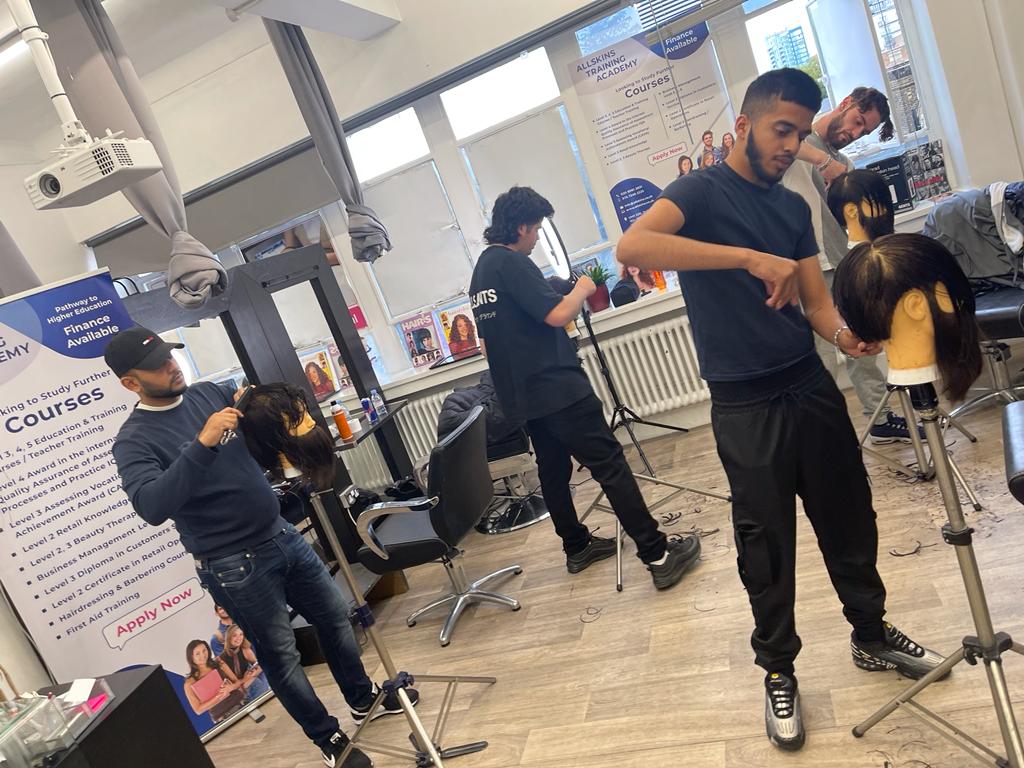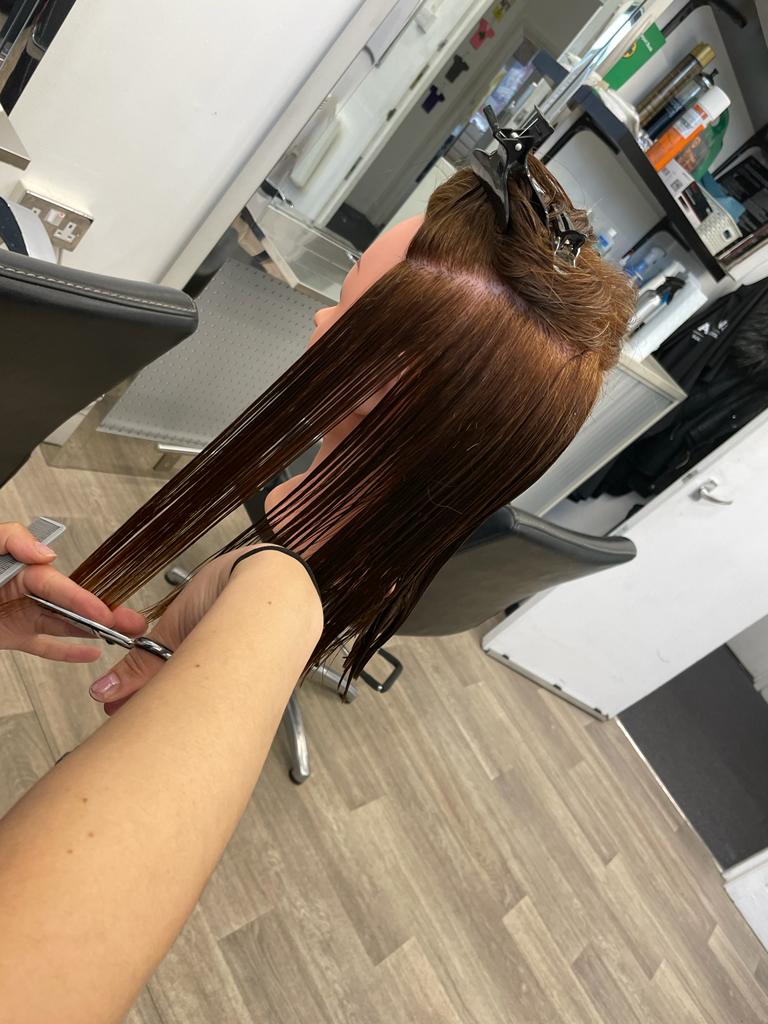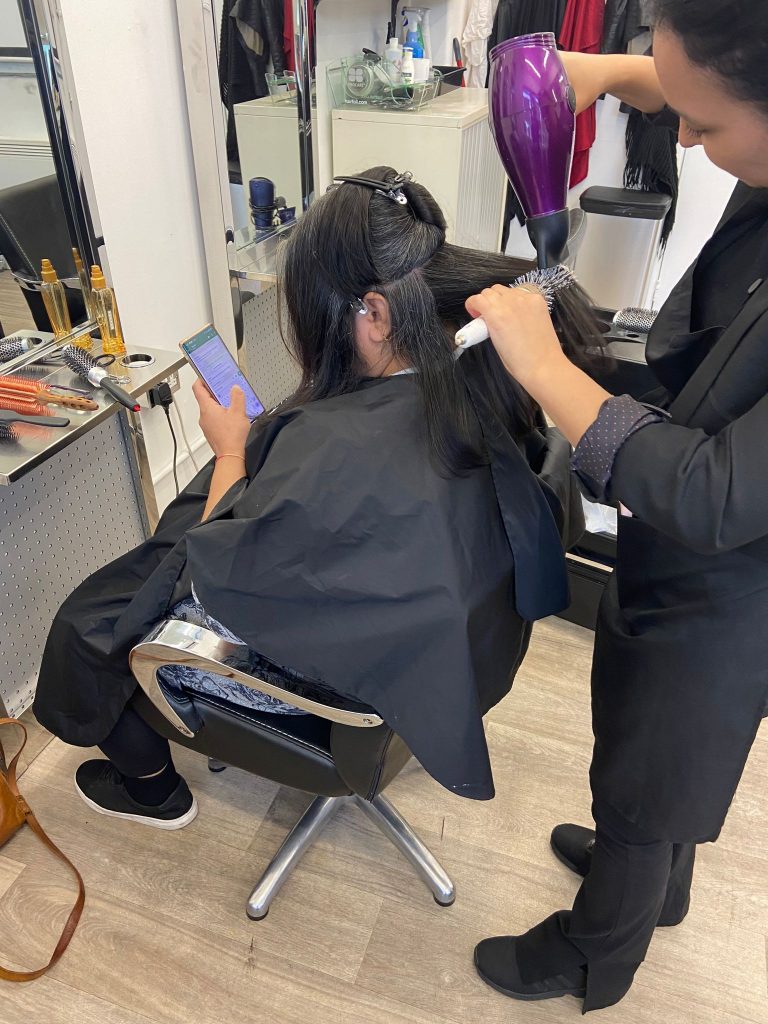Learning Technical Skills vs. Building Soft Skills
Technical Skills vs. Soft Skills
Technical skills are what barbers are usually hired for, but then there are other soft skills like customer service and communication that keep clientele coming back. Technical skills can be easily taught while soft skills take time and experience to build. Focus on perfecting both skills to be a well-rounded and sought-after barber that clients will gravitate towards.
Introduction: Defining Success in Barbering
Barbering is an art form that requires a unique blend of technical expertise and soft skills to succeed in the industry. Success in barbering goes beyond just mastering cutting and styling techniques; it also involves developing essential soft skills such as adaptability, creativity, and effective communication. Allskins, a renowned barbering academy, recognizes the crucial correlation between technical and soft skills in cultivating a prosperous barbering career. In this article, we will delve into the various ways in which barbers can develop their technical proficiency through continuous training, while simultaneously fostering essential soft skills to stay ahead in the ever-evolving industry.
2. Technical Skills Needed for Success in Barbering
a. Cutting and Styling Techniques:
At the core of barbering lies the mastery of various cutting and styling techniques. Barbers must have a comprehensive understanding of the different haircut styles and be proficient in executing them accurately. This includes precision cutting, faded and blended techniques, and the ability to work with different hair lengths and textures. Continuous training and practice are essential in developing and refining these technical skills.
b. Understanding Hair Textures and Hair Types:
To excel in barbering, it is critical to have a deep understanding of hair textures and types. Barbers must be able to analyze and assess their clients’ hair, taking into account factors such as density, porosity, and elasticity. This knowledge allows barbers to recommend appropriate haircuts, styles, and products, tailored to each client’s unique needs and preferences.
c. Understanding Hair Care Products and Their Uses:
In addition to cutting and styling techniques, barbers must have a comprehensive knowledge of hair care products and their uses. This includes understanding the properties and benefits of different hair care products such as shampoos, conditioners, pomades, and styling gels. This knowledge enables barbers to recommend the most suitable products for their clients’ hair, helping them maintain healthy and well-groomed hairstyles.
3. Soft Skills Needed for Success in Barbering
a. Understanding Your Clients’ Preferences:
One of the most critical soft skills for barbers is the ability to understand and cater to their clients’ preferences. Barbers must actively listen to their clients, asking relevant questions and providing expert advice based on their expertise. This includes understanding their clients’ desired haircut styles, preferred length, and their lifestyle considerations. By building a strong rapport and understanding their clients’ individual needs, barbers can provide a personalized service that keeps clients coming back.
b. Interpersonal and Communication Skills:
Effective interpersonal and communication skills are essential for success in barbering. Barbers need to establish a connection with their clients, making them feel comfortable and understood. Excellent communication skills allow barbers to effectively communicate their ideas, offer suggestions, and explain the haircut process. Additionally, having the ability to engage clients in meaningful conversations creates a pleasant and enjoyable experience, fostering loyalty and retention.
c. Building Client Relationships:
Building strong client relationships is vital in the barbering industry. Barbers who are skilled at building trust and rapport with their clients often enjoy a loyal customer base. This involves going beyond haircutting skills and offering exceptional customer service. Remembering details about clients, engaging in friendly conversations, and providing a comfortable atmosphere are all factors that contribute to a positive client experience. By prioritizing client relationships, barbers can create a thriving business based on repeat customers and positive word-of-mouth referrals.
4. Keys to Achieving Success in Barbering
a. Developing Your Own Unique Style:
One of the keys to success in barbering is developing your own unique style. While technical proficiency is important, having a distinctive aesthetic can help set you apart from other barbers. Experiment with different cutting techniques, explore various styles, and find your niche. Developing a recognizable and consistent style allows you to attract clients who resonate with your artistic expression.
b. Staying Up to Date on Trends and Techniques:
The barbering industry is constantly evolving, with new trends, techniques, and products emerging regularly. To stay ahead of the curve, it is crucial for barbers to stay up to date with industry advancements. This can include attending workshops, seminars, and participating in advanced training programs. By continuously expanding your skillset and knowledge base, you can offer your clients the latest trends and techniques, ensuring they receive cutting-edge services.
c. Networking with Other Barbers and Professionals:
Networking is an indispensable aspect of success in any industry, and barbering is no exception. Engaging with other barbers and professionals in the field allows you to exchange knowledge, share insights, and learn from each other’s experiences. By attending industry events, joining online communities, and participating in barbering competitions, you can build a valuable network of peers and mentors who can support your professional growth.
5. Conclusion: Taking Steps Towards Achieving Success in Barbering.
In conclusion, achieving success in barbering requires a harmonious balance of technical expertise and soft skills. Allskins recognizes the undeniable correlation between these two facets and emphasizes the importance of continuous training and development in both areas. By honing technical skills such as cutting and styling techniques, understanding hair textures, and hair care products, barbers can provide excellent services to their clients. Additionally, cultivating soft skills such as understanding clients’ preferences, effective communication, and building client relationships can contribute significantly to a thriving barbering career. By leveraging both technical and soft skills, barbers can elevate their careers, create a strong client base, and stay relevant in the ever-evolving industry.

